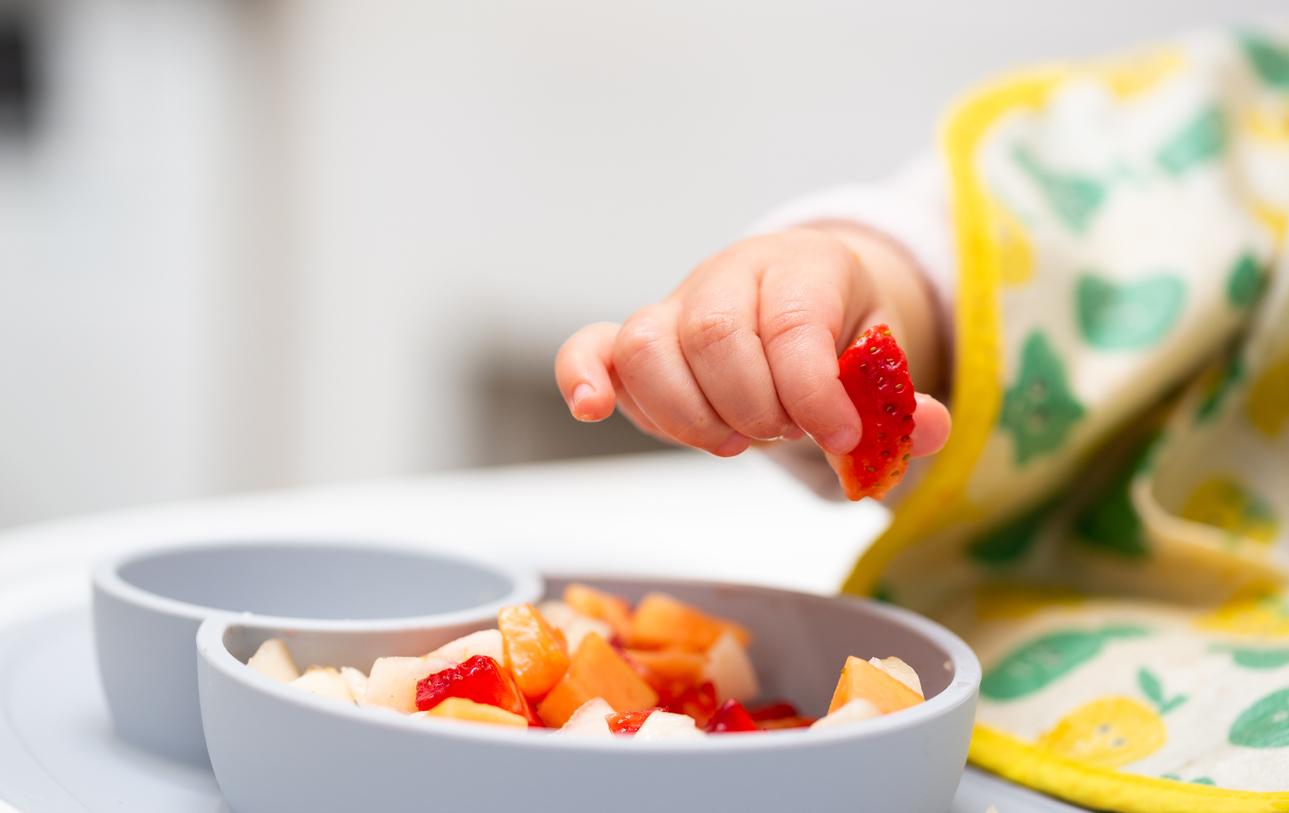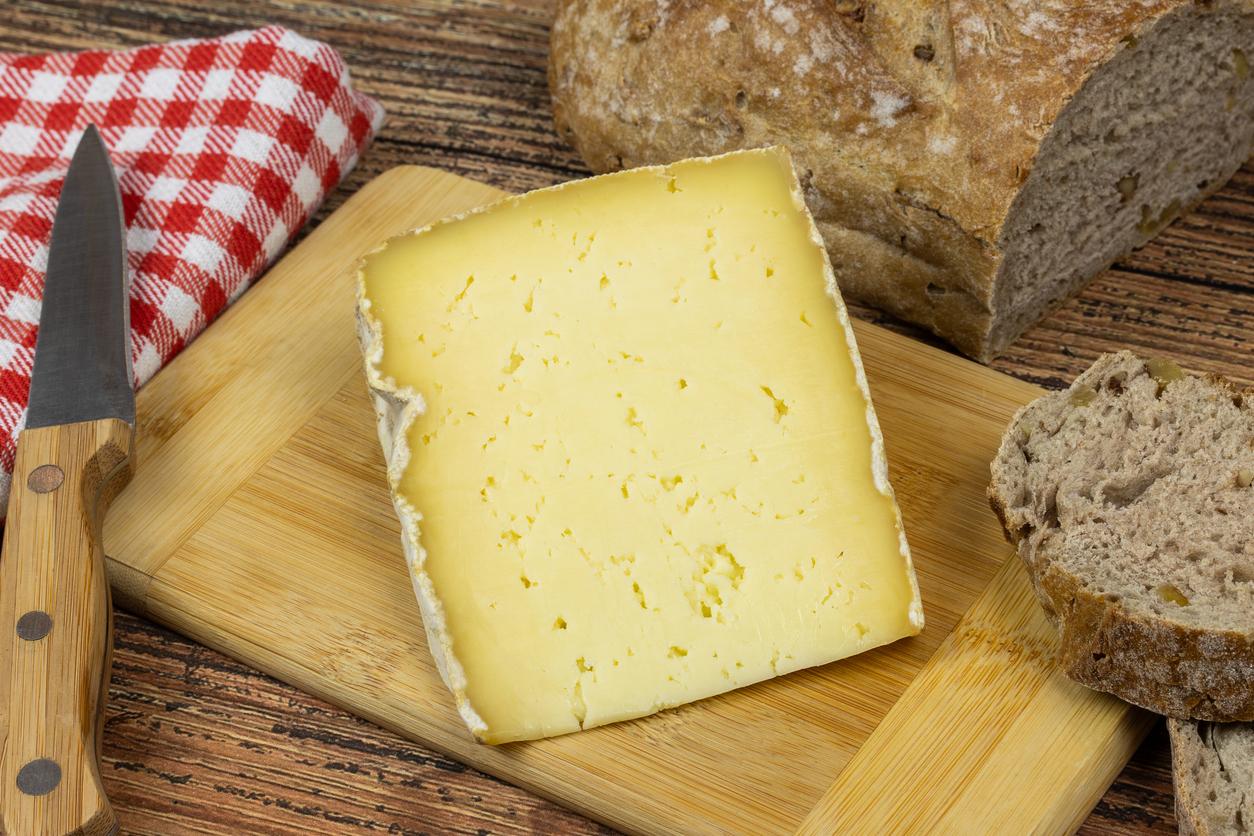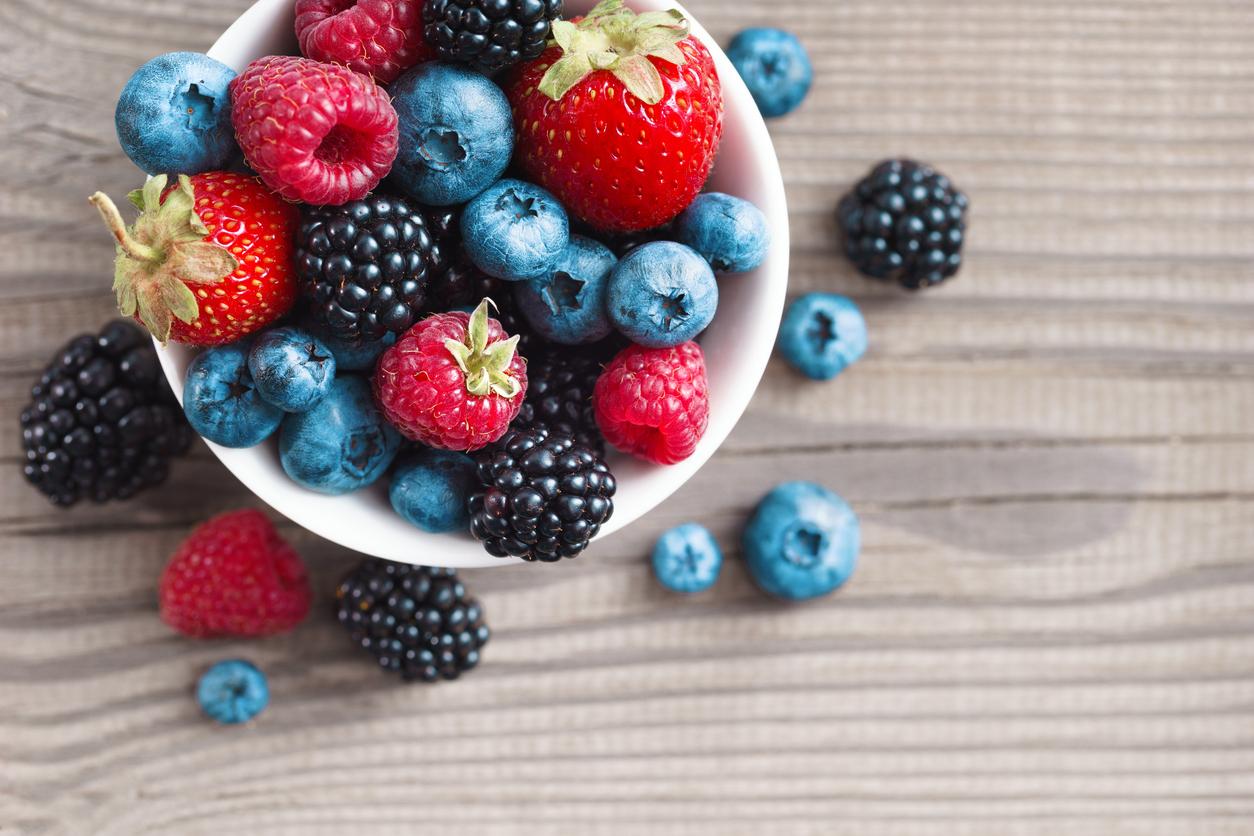You may have forgotten it, or you may not know it, but our dietary balance has evolved considerably over the centuries. The model of 3 meals a day is only a social construction and in no way an obligation. Explanations.
Our current “model” of food balance is in no way that of our ancestors. Thus, at fifteenth century, we only tookone meal a day ; to 18th century, two or four, according to his social condition; and it was only in the 19th century that the institution of the three daily meals emerged.
A recent tradition, a very sacralization which has served the interests of industrialists, which have, over the years, developed a plethora of products intended for the morning meal, enhancing, thanks to advertising and promotion, this model of diet.
Is breakfast essential for a balanced diet?
There followed an era of type promotion hygienic breakfast, false truth to question since we know that there is not such a glaring impact on health of its absence as we thought. You’ll see.
The eating rhythm structured on the trio breakfast lunch dinner is not not the only possible way to guarantee everyone good health and good nutrition.
Try an experiment: make a quick poll around you about how people eat. You will find that few people eat according to the recommended traditional model, each having in fact developed its own biological rhythm.
Some, quite a few, do not take no breakfast ; some skip lunch, for lack of time, desire to lose weight or lack of appetite. Others eat little in the evening, in order, they say, to favor their sleep, to lose weight, following on their side some very widespread received ideas.
In the end, we see a incredible contradiction between what we hear every day on radio or television – the health recommendations in terms of food uttered by institutions or doctors – and the actual food practices of the French.
Incorporate a snack per day
However, as popular common sense cannot lie, persisting in trying to impose a model on people who refuse to follow it is like preaching in the desert, and, worse, adding to the general confusion.
Let’s make a statement, and let’s accept that developments in modern life Western push us towards the sedentary lifestyle, the food profusion, improvement of housing conditions, increase of time spent before the screens…
And all this we requires consuming less than our ancestors, orto augment the practice of physical activity, why should our ways of eating remain frozen?
Also, I am convinced that the solution for all those who wish to lose weight is to imagine a more suitable food balance.
Towards a new nutritional balance …
Hence this idea of 2 +1, namely two meals and a snack, all balanced as much as before. The 3rd meal being spread over the other 2 and the snack. Smart, isn’t it?
However, be careful not to throw the baby out with the bathwater: I don’t encourage snacking! I am not suggesting this method to encourage all people to eat haphazardly, or even snack all day.
But it seems imperative to me, in order to adapt to the wishes of the population, to to modify, as was the case in the past, daily eating rhythms.
This model that I suggest (among others you know) is to consume every day two meals and more, that is to say two meals with relatively generous caloric intake, accompanied by a shorter one that everyone can place as they want in their day.
I deleted breakfast
In order to be able to best defend this new model, I put myself myself in situation. In other words, I have tried to apply it for the last few months. So I have deleted breakfast. What happened to me? Nothing.
Have I been on edge all morning, with my stomach turned into a factory hunger ? Not a second.
Never I did not feel a sensation increase in hunger at lunch or dinner.
On the other hand, I allowed myself a snack when the urge to eat came to me. I was not necessarily hungry, but rather “want to eat”. In turning my snacking desires into self-made snacks, I have, in fact, been able to control my calorie intake effortlessly.
In truth, the existing nibbling, better to take this into account than to hide the face, and integrate it into your diet.
That’s all we do through the Cohen method and the Learn Weight Loss program: adapt techniques diet according to the evolution of your weightloss and your motivation.
By the way, if you like to snack, this video in the middle of the article will help you feel guilty and you will see that it is possible, by adapting your meal plans to your tastes and at your pace, to achieve your goals. food balance, serenely and without difficulty.


















